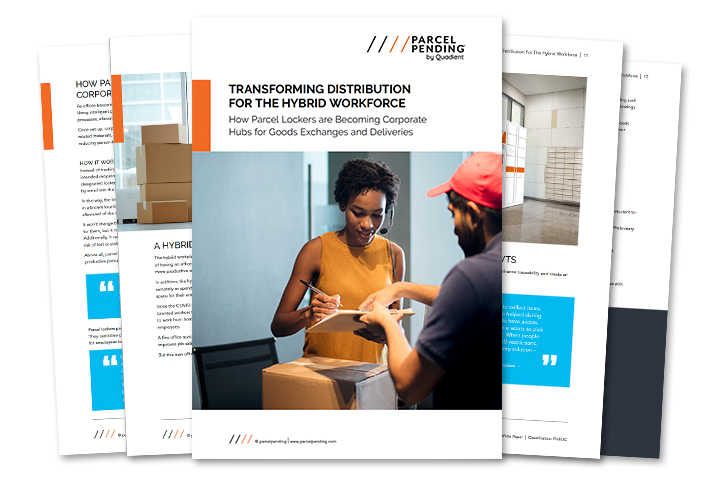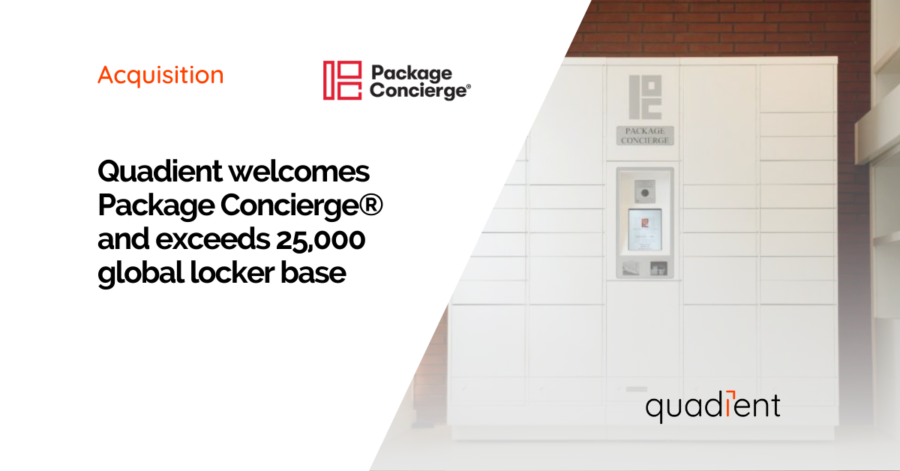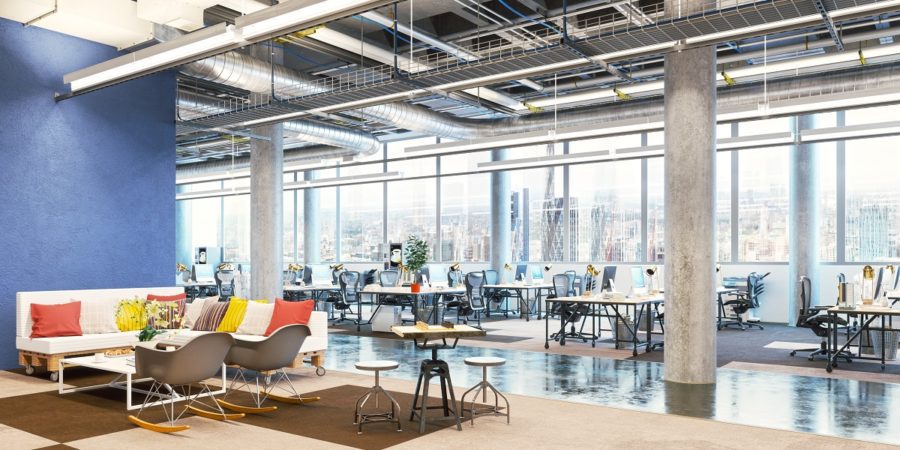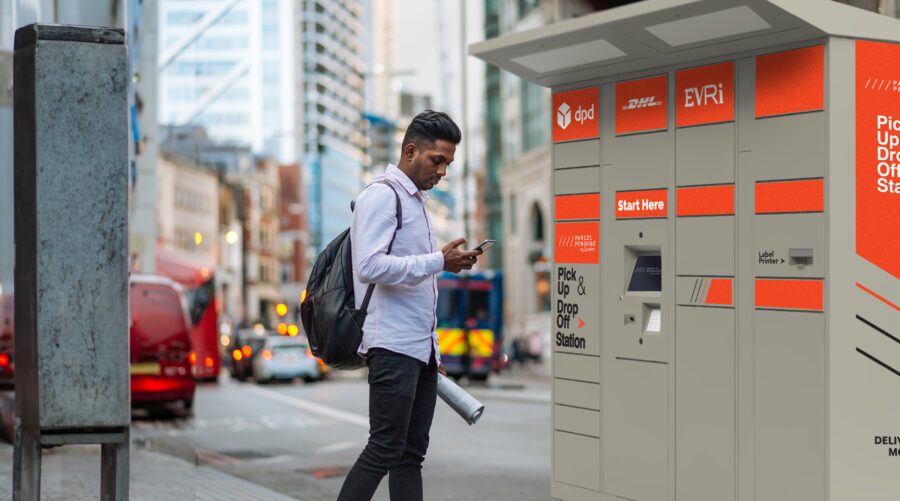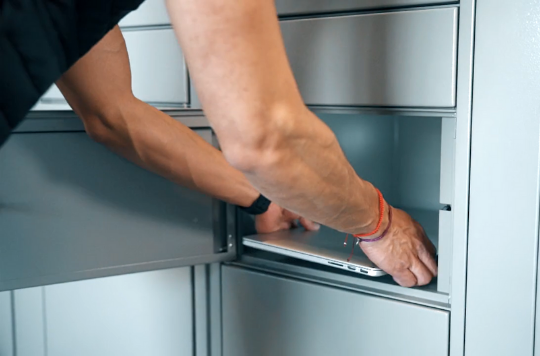
Commercial
Using Smart Corporate Lockers to Distribute Laptops and Other Electronic Devices
Written by: Parcel Pending
3 Min Read
Published: January 27, 2023
Updated: May 8, 2025
At the start of the pandemic businesses and employees were quick to adjust to working from home, almost 3 years later many of us have left fully office-based working in 2019 and continue to work remotely, flexibly or within a hybrid working schedule. For all employees to remain productive and collaborative, no matter their schedule, they need access to the right tools. In fact, 62% of remote workers want employers to provide better technology that helps them stay connected with their colleagues. With colleagues now on conflicting schedules, staying connected needs to include more than just an exchange of conversation – but the ability to connect and exchange physical items too.
In order to support employees on varying work schedules, organisations have had to rethink the traditional office space and ensure that it is functional for the company and its employees. Lots of companies are now embracing flexible working spaces. For example, the traditional method of assigning one desk per employee is no longer commonplace. Hot desking and shared desk space allow for greater flexibility and efficiency. If a team member is only in 2 days a week, why should the desk go completely unused the other 3 days?
This new reality of hybrid workplaces and flexible offices has direct consequences on many different processes which were designed for a more traditional work rhythm. Without permanently assigned desks, and, since it is no longer expected that all employees are in the office Mon-Fri, companies need a way to transfer documents, badges, laptops, and other physical resources safely and securely to employees.
Using Parcel Lockers as Corporate Hub
Forward-thinking offices are turning to the use of commercial lockers as a corporate hub, which enables the secure handover of goods between employees, without the need for both employees to be present at the same time. Originally installed to automate package management in the mailroom, today commercial lockers are being used beyond mail and packages and creating better efficiencies for departments such as IT and Facilities Management. Smart lockers, such as those used for Parcel Pending’s Corporate Hub, can now act as a central distribution system for asset transfer – including ID materials, parking passes, documents, and more. Ingeniously, they also work to return items too, such as rental equipment, laptops, or documents. So, employees no longer need to be physically present to exchange goods securely. Instead, items such as laptops and electrical devices are delivered into a parcel locker, an automated notification is then sent to the recipient who can come and collect in their own time, safe in the knowledge that the item is kept safe.
Combining a Web Tracking System (WTS) with Parcel Pending lockers can enhance traceability and create an impressive Corporate Hub to record, track and store items.
The need to distribute items amongst a hybrid workforce shows no sign of letting up. Where handling such volumes is becoming a problem, solutions must be found. Flexible workplaces are here to stay, and technology, including smart lockers, remains the best way to tackle the issues it raises. Quadient, a leading provider in this space, offers a range of locker products, including indoor lockers and more, to streamline your workplace distribution needs.
To read more, submit your details below to download the white paper: Transforming Distribution for the Hybrid Workforce

